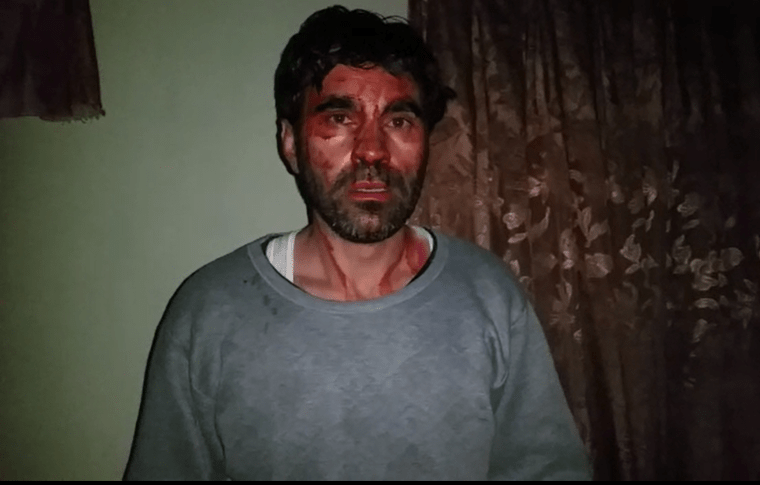New York, January 19, 2022 — The Taliban should investigate the recent attack on journalist Zaki Qais and ensure that members of the press can live and work safely, the Committee to Protect Journalists said today.
At about 11 p.m. on January 15, two unidentified men knocked on Qais’ home in Kabul, the capital, introduced themselves as members of the local police, and attacked him, according to the journalist, who spoke to CPJ in an phone interview, and posts on Twitter by the local outlet Payk Media and the independent Afghanistan Journalists Center press freedom group.
When Qais opened the door, one of the men grabbed him and hit him in the head with an unidentified object, and the other, whose face was covered, tried to stab him in the neck with a knife, he told CPJ. Qais said he resisted and was able to close the door after sustaining cuts to his head.
Qais is the former director of the independent Khawar TV broadcaster, and is a documentarian who has worked on films about human rights in Afghanistan, he told CPJ.
“Afghanistan’s Taliban rulers must immediately launch an investigation to identify and bring to justice those who attacked journalist Zaki Qais,” said Steven Butler, CPJ’s Asia program coordinator, in Washington, D.C. “The Taliban’s continued silence on these repeated attacks on journalists undermines any remaining credibility of pledges to allow independent media to continue operating.”
Qais told CPJ that he did not know the identities of his attackers, but said he had been harassed repeatedly by authorities and Taliban supporters. He told CPJ that he had stopped working at Khawar TV shortly after the Taliban seized power in Kabul in mid-August 2021.
Shortly before the fall of Kabul, an unidentified person called Qais and told him to stop posting anti-Taliban news on his Facebook page, where he posted news and commentary on political issues to about 325,000 followers, he said.
On August 17, 2021, a group of armed men who introduced themselves as Taliban members arrived at Qais’ home and beat him for two hours, slapping his face and hitting him with a gun while saying that his work was “not journalism,” he said.
Separately, on September 26, Taliban members detained Qais while he filmed a women’s anti-Taliban protest in Kabul; he said authorities held him for about six hours and whipped him 20 times before releasing him.
Ahmadullah Wasiq, a Taliban deputy spokesperson in Afghanistan, did not respond to CPJ’s request for comment sent via messaging app.
